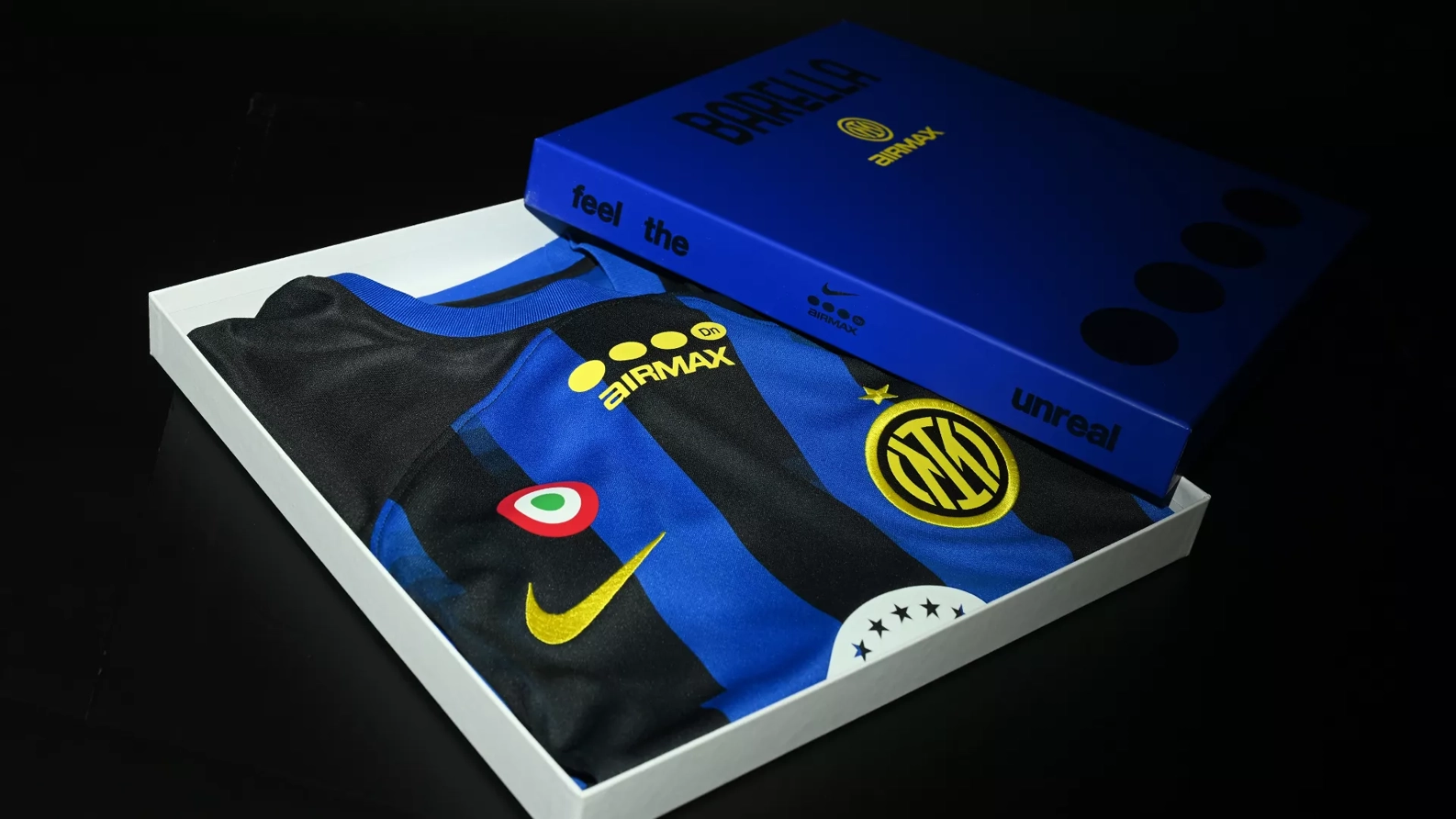Racially abusing football players has become normal. Read that sentence again.
It’s a sickening thought, right? Every game week presents another stomach-churning case of someone being mocked and belittled due to the colour of their skin on social media. It’s become overwhelming.
You’ve already seen and heard what’s happened and to whom. We don’t need to go over that again. The abusers don’t deserve the spotlight. What does deserve some attention is the lack of decisive action taken by the supposed safekeepers of society.
Since the start of this year alone, the nation’s favourite uncle, Ian Wright, saw his own abuser walk free from a criminal trial with no punishment because the court believed going through an investigation was “punishment enough”. Meanwhile, Swansea City’s Yan Dhanda had to watch his offender get nothing more than a mere smack on the wrist. After highlighting their commitment to ban users who were found to racially abuse other users just days earlier, Instagram simply restricted Yan’s abuser from accessing his DMs for a temporary period.
https://twitter.com/yandhanda/status/1360891822567006214
The reality of what we’re dealing with really hits home when you analyse the other examples of social media platforms taking action within football. You’ll have tweets and Instagram posts pulled down within minutes if you post goal footage before a rights holder, but when it comes to racial abuse it takes platforms a lot longer to get their act together.
It sends a message that racist behaviour doesn’t justify serious punishment. Whether it’s on social media, in stands, or in boardrooms, we see this cycle time and time again. And it’s tiring. I feel fatigued. I feel confused.
It feels like the anti-racist movement in football feels that way too. More than six months on from the first time it happened on a football pitch, there’s now a very real split on ‘Taking the Knee’ and whether it’s a powerful statement of intent from all players, or another empty gesture that’s been co-opted by the game’s governing bodies.
While Millwall fans booing the knee felt insidious, and Les Ferdinand’s criticisms came with considered nuance, Wilfried Zaha’s unapologetic denunciation of the knee is the clearest and most high-profile yet. The fact the message comes from a highly-influential and respected Black player in the Premier League makes it all the more relevant.
https://twitter.com/BeanymanSports/status/1362522516451909635
There is no right or wrong answer on how you should feel about the knee. What unites Les Ferdinand, Wilfred Zaha and Brentford is fatigue and frustration. They all know – as do all the players who believe that taking the knee is the right thing to do – that we’re not seeing what we need to see. There’s no punishment, no corrective action, no reforms.
The issue of the knee in particular is further complicated by the unfortunate reality that some will celebrate and weaponise the split camps for their own motives. For those who have been against Black Lives Matter and racial equality since the beginning, stopping the knee will be a victory in their own minds. They’ll hide behind the fact respected Black voices have spoken out against the knee, and drop misguided “I told you so” tweets all over the timeline.
Every campaign we’ve ever backed has been based on the idea of ‘calling for change’. Those calls have been left unanswered. Some have gone straight to voicemail. Other calls haven’t even gone through and it’s as if we’ve been given the wrong number.
So what happens now? It’s a question on my mind every time I see the media racing to report another instance of racial abuse on instagram.
The reality is I don’t know the long-term answer. Neither do Brentford. Neither does Les Ferdinand. Neither does Wilfried Zaha.
But what we all recognise is this fight isn’t over and we can’t stop pushing. We all want legitimate change and genuine equality. An equal seat at the table, equal treatment in all areas of the game, and equal responses to issues that affect us as a people.
However you feel you can affect change – whether you’re a fan or a player – you should do it. As Clinton Morrison has so passionately said in recent weeks, “we’re not going anywhere”. People from minority groups should not be removing themselves from the conversation, they should not be taking themselves off social media, they should not have to boycott games to send a message.
They should never be made to feel less than someone else based on the colour of their skin. They should not let fatigue get the best of them.
It’s a long road. We’ve all been tired. We’ve all been disheartened. But that’s okay. This was never going to be easy.


.svg)













.jpg)


























.jpg)
































.jpg)
.jpg)




.jpg)

























































































